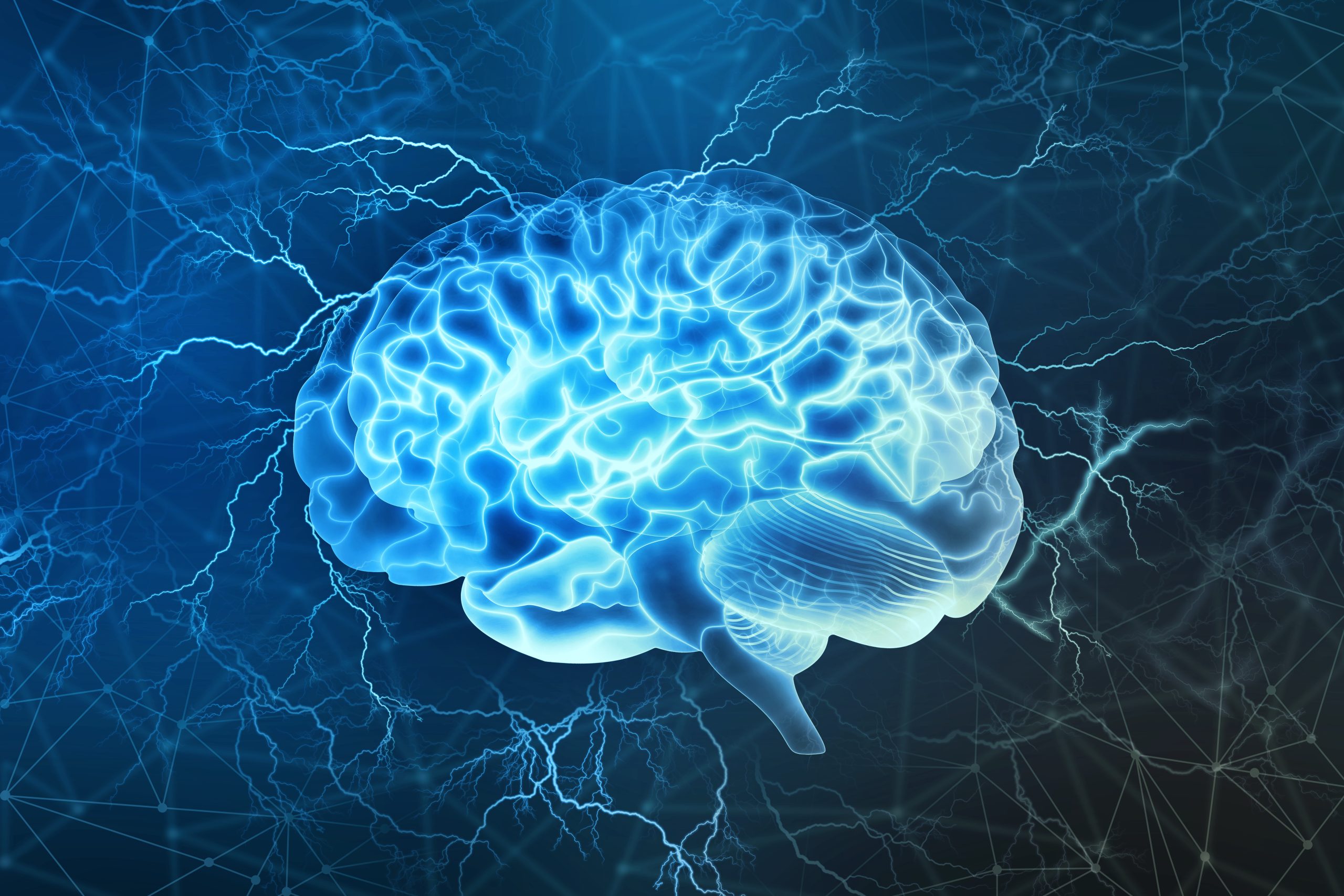New Cells To Treat Alzheimer’s?
Over the course of Alzheimer’s disease, immune cells stop working properly. Meanwhile, brain cells die off. Instead of boosting the function of the leftover immune cells or working to stave off cell death, a few biotechnology companies are testing a radically different approach to treating the disease: infusing the brain with healthy new cells.
These experimental treatments involve taking cells from the patient or a healthy person, modifying them outside the body, then infusing them back in. These approaches are currently in the early stages of human clinical trials.
NKGen Biotech’s SNK01
Natural Killer (NK) cells are a key part of the immune system that scans the body for diseased cells. These cells look for specific markers that differentiate healthy and diseased cells and then destroy the diseased ones.
However, as people age, NKs get worse at telling the difference, leading to collateral damage and potentially contributing to cell death in Alzheimer’s disease.
NKGen Biotech’s experimental Alzheimer’s treatment, SNK01, involves training and multiplying the body’s natural killer (NK) cells before infusing them back in. In May, the company received approval to commence a Phase 2 trial in moderate Alzheimer’s patients.
Longeveron’s Lomecel-B
In the last decade, scientists have discovered that a type of cell in the bone marrow called a medicinal signaling cell (MSC) can reduce inflammation, as well as stimulate cells and tissues to repair themselves.
Longeveron developed Lomecel-B by isolating these MSCs from healthy donors and growing them outside the body. Then, Lomecel-B is infused into patients, hoping the MSCs will rejuvenate the brain. A previous Phase 2 trial failed to show that the drug was effective in treating age-related frailty. But Longeveron hopes the approach may bear more fruit for Alzheimer’s disease.
The company is currently completing its Phase 2 clinical trial for treating mild Alzheimer’s disease.
Skin2Neuron
Skin2Neuron aims to replace the 10 million neurons lost in Alzheimer’s disease before symptoms start to appear. This loss of neurons begins the disruption of memory function, leading the way for the worst of the symptoms to take hold.
The company is developing a treatment made from hair follicle cells. Once isolated, a chemical cocktail can convert these cells into what’s called neuronal precursors. When injected back into the patient, these precursors mature into neurons, helping to replace those lost to the disease.
Rather than testing the treatment first in a mouse model, the researchers used dogs that had naturally developed cognitive decline, which bears similarities to Alzheimer’s disease. The researchers found that the treatment was effective in improving memory symptoms in dogs. Based on these promising results, Skin2Neuron will test its approach in humans with a Phase 1 trial slated for 2025.
